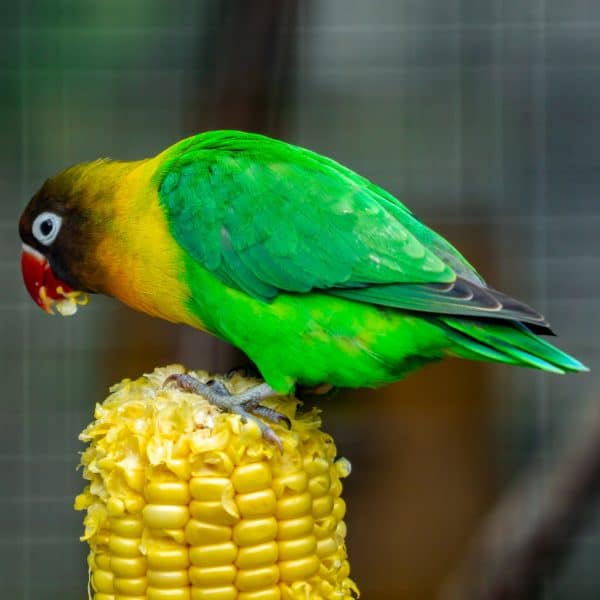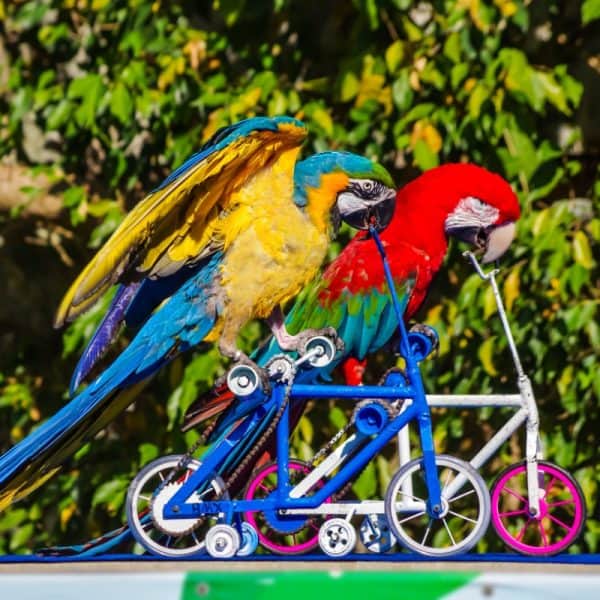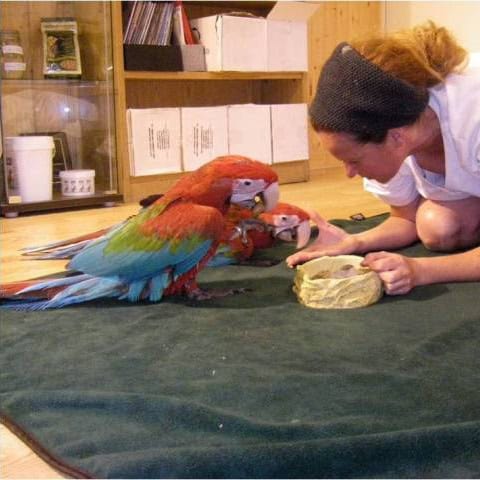Blog categories
Blog search
Blog archives
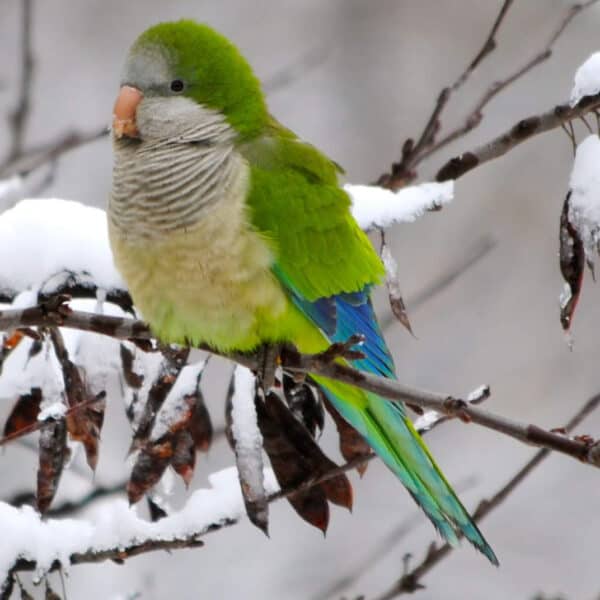
Can You Name 5 Parrot Species That Are Living Wild in the USA?
June 26, 2025
No Comments
Read More »

How is it Parrots Are Problem Solvers Social Animals and Even Use Tools?
June 26, 2025
No Comments
Read More »
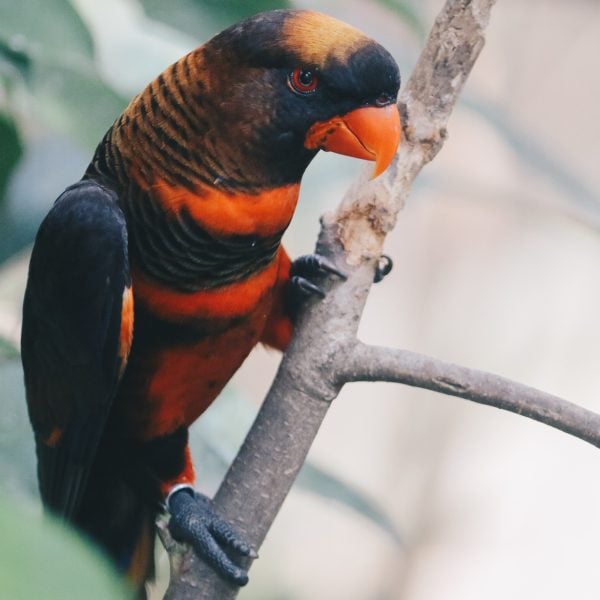
How a Tiny Chemical Modification Makes Parrots Nature’s Living Paintings
June 25, 2025
No Comments
Read More »

Understanding the Best Way to Use Prevue Pets Mimic Me Voice Trainer
June 20, 2025
No Comments
Read More »
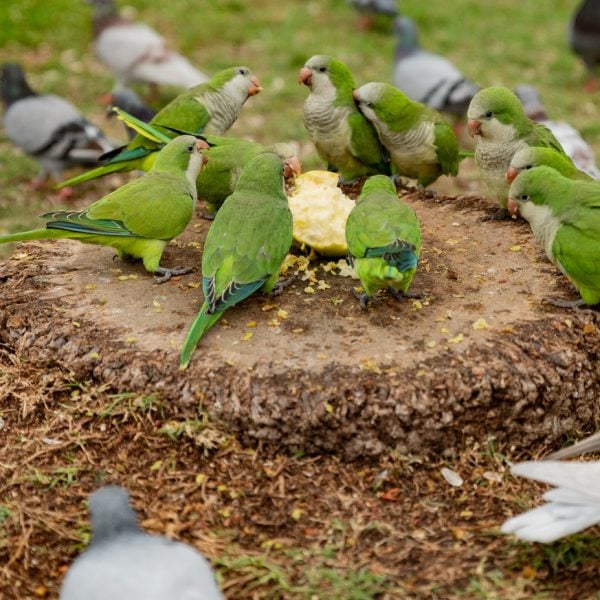
How Do Parrots Thrive in Cities Outside Their Native Habitats?
June 20, 2025
No Comments
Read More »
